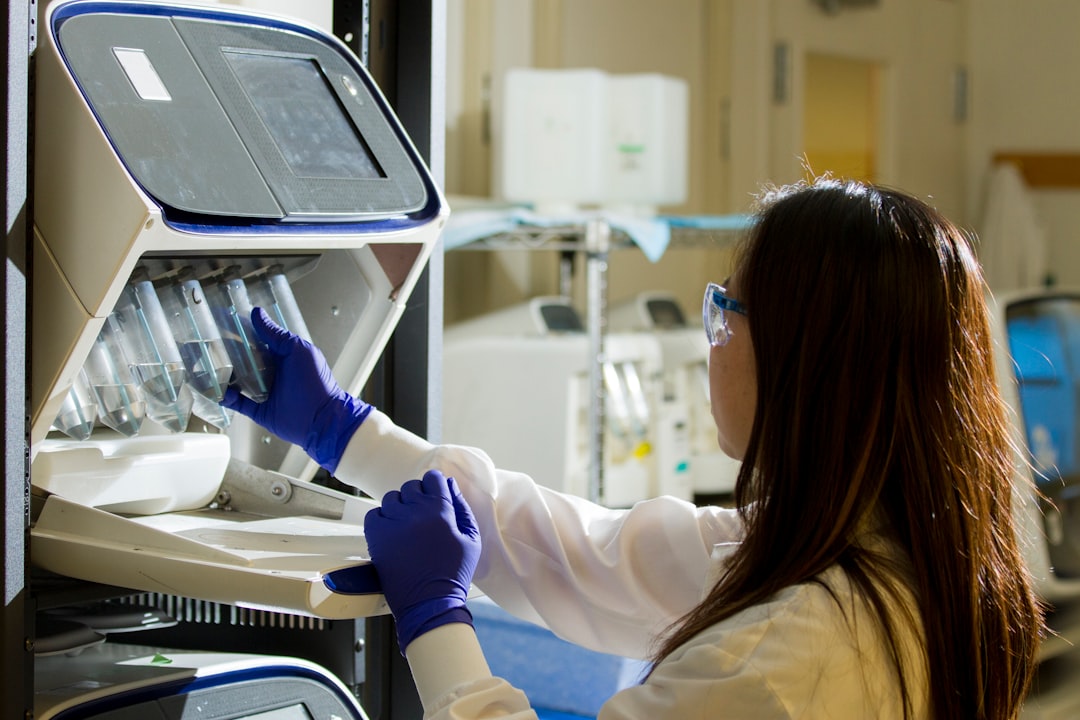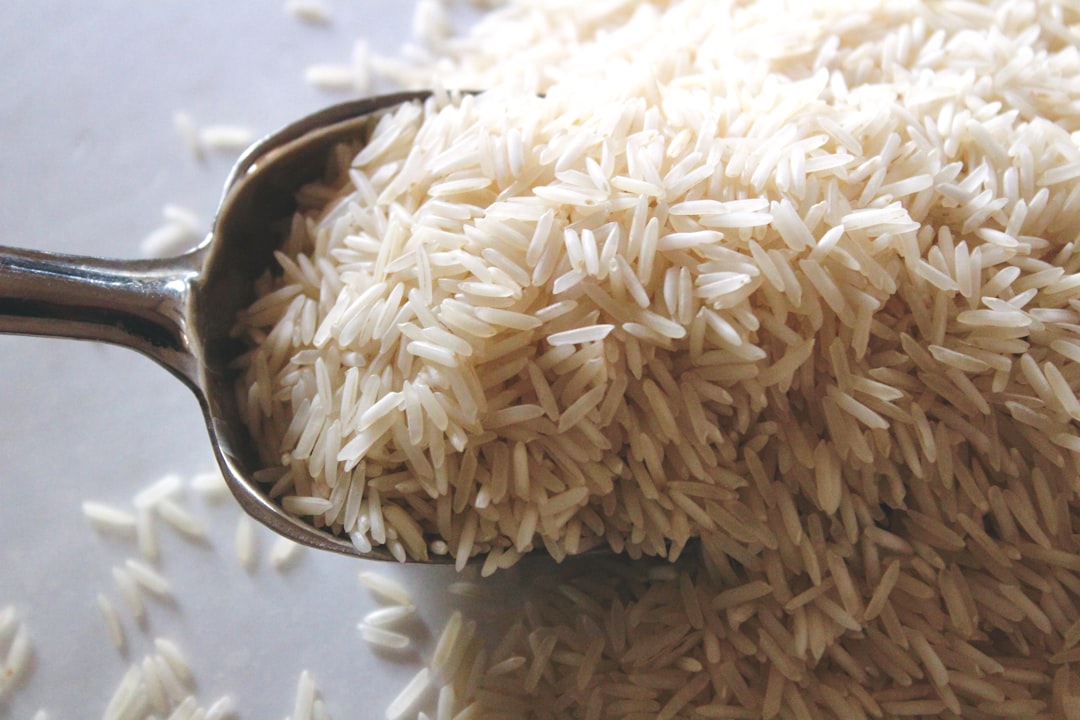What is it about?
Dengue antibodies, passed from mother to infant during pregnancy can protect infants from infection and disease. However, as these antibodies wane we show how dengue antibodies within a specific window of concentration can increase the risk of severe dengue disease if an infant gets infected. We demonstrate that this risk mechanism is consistent with the age patterns of reported infant dengue hospitalizations in Thailand. In addition, we estimate large declines in the risk of infant dengue disease in Thailand over the past 40 years.
Featured Image

Photo by Chiến Phạm on Unsplash
Why is it important?
Our findings highlight the disease risks experienced by infants in dengue endemic regions and how the timing of these risks depend on the concentration of maternal antibodies passed on by mothers. These results highlight the importance of monitoring population dengue immune profiles to inform optimal prevention and control strategies.
Read the Original
This page is a summary of: Maternally derived antibody titer dynamics and risk of hospitalized infant dengue disease, Proceedings of the National Academy of Sciences, September 2023, Proceedings of the National Academy of Sciences,
DOI: 10.1073/pnas.2308221120.
You can read the full text:
Contributors
The following have contributed to this page










